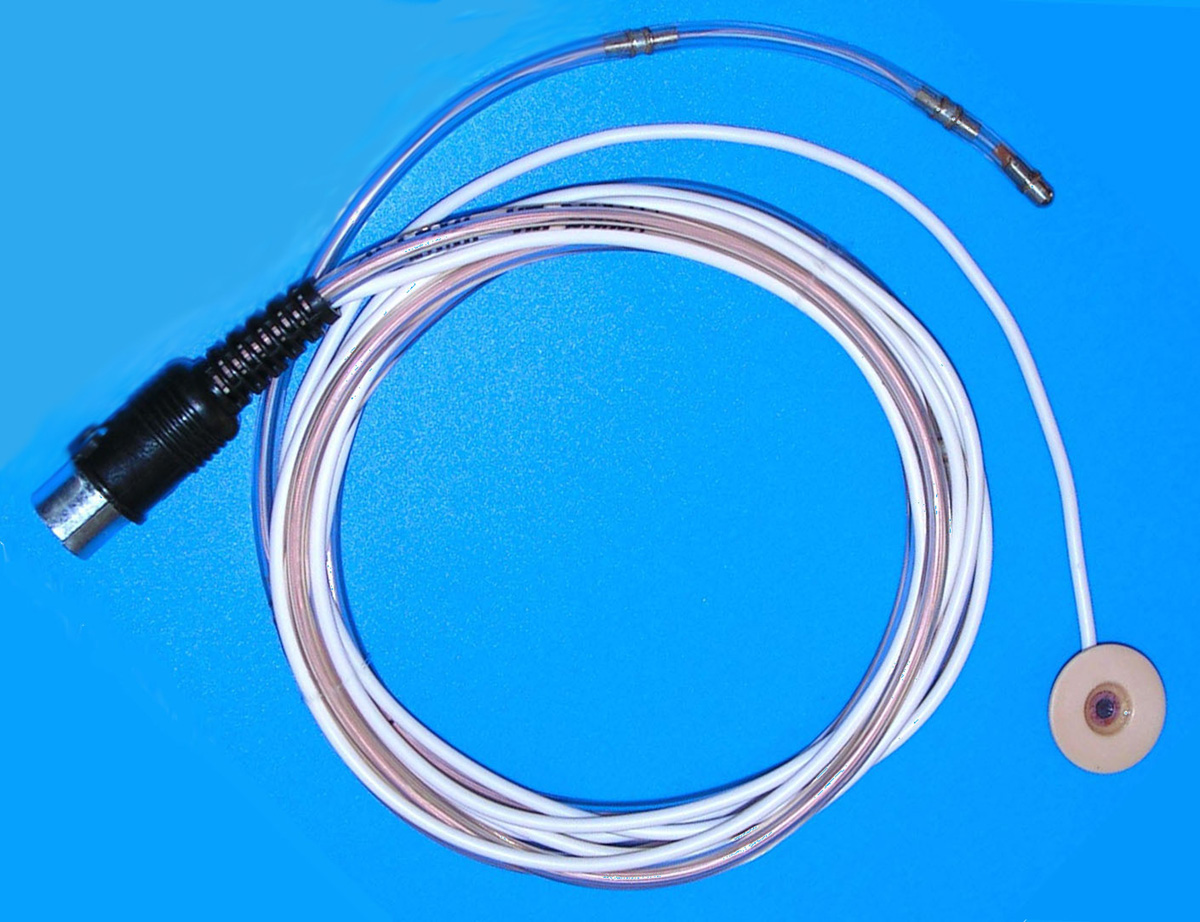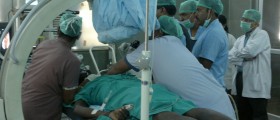
If you want to know what is gastroenterology and who are doctors of gastroenterology, read this article for general information about this special branch of medicine.
What is Gastroenterology?Gastroenterology, or gastrology, is a specialized field of medical science that studies the gastrointestinal tract and disorders that affect it. Gastrointestinal tract (GI tract), or digestive tract, refers to a part of the human anatomy known as alimentary canal. Alimentary canal is a pathway through which food enters and where digestion occurs and from which solid wastes are expelled. It is composed from the mouth, pharynx, esophagus, stomach, intestines and anus. Apart from alimentary canal, gastroenterology also involves studying and treating disorders of the liver, pancreas and gallbladder. Hepatology, also known as hepatobiliary medicine, is a subspecialty of gastroenterology that studies diagnosis and treatment of disorders of the liver, pancreas and biliary tree. Gastroenterological surgery as well as colon and rectal surgery are not branches of gastroenterology but of general surgery.
What Gastroenterologists Do?Gastroenterology specialist, or gastroenterologist, is a medical practitioner who specializes in the functioning and diseases of the gastrointestinal tract. Requirements for becoming a gastroenterologist include eight years of education at medical school after high school and three to eight additional years of residency and internship. In order to become specialist in gastrointestinal radiology, hepatobiliary or gastric medicine, or in gastrointestinal oncology, it is necessary to attend a three-year program of gastroenterology fellowship.
Specialists in gastroenterology in most cases treat patients with gastro esophageal reflux disease (GERD), cancer of the GI tract, cancer of the pancreas, irritable bowel syndrome (IBS), irritable bowel disease (IBD), colitis, Crohn’s disease and liver diseases like hepatitis and cirrhosis. Disorders of digestive tract are mainly followed by symptoms such as nausea, vomiting, diarrhea, constipation, indigestion, heartburn, abdominal pain, weight loss, bloating, gas, stomach cramps and rectal bleeding.
Although, gastroenterology specialists do not perform surgical procedures as a part of the treatment, they can be trained and certified to carry out diagnostic procedures such as biopsy and endoscopy. Biopsy is a removal of tissue sample from the body for examination under microscope. Endoscopic examination is effective diagnostic testing designed to confirm or eliminate a diagnosis, monitor process of a disease and plan appropriate treatment or evaluate its effectiveness. During this examination, gastroenterologist uses small, flexible tube with a light and a lens, called endoscope, to view organs of the GI tract. Endoscope is inserted through mouth into certain part of digestive system in order to diagnose or treat disorder. Endoscope can be also used to insert other medical tools, inject medication, remove suspicious growth or insert a nerve block.

















Your thoughts on this
Loading...